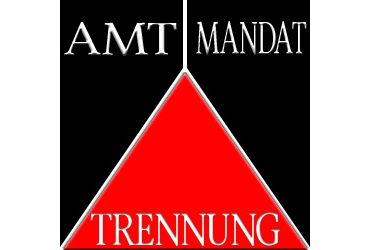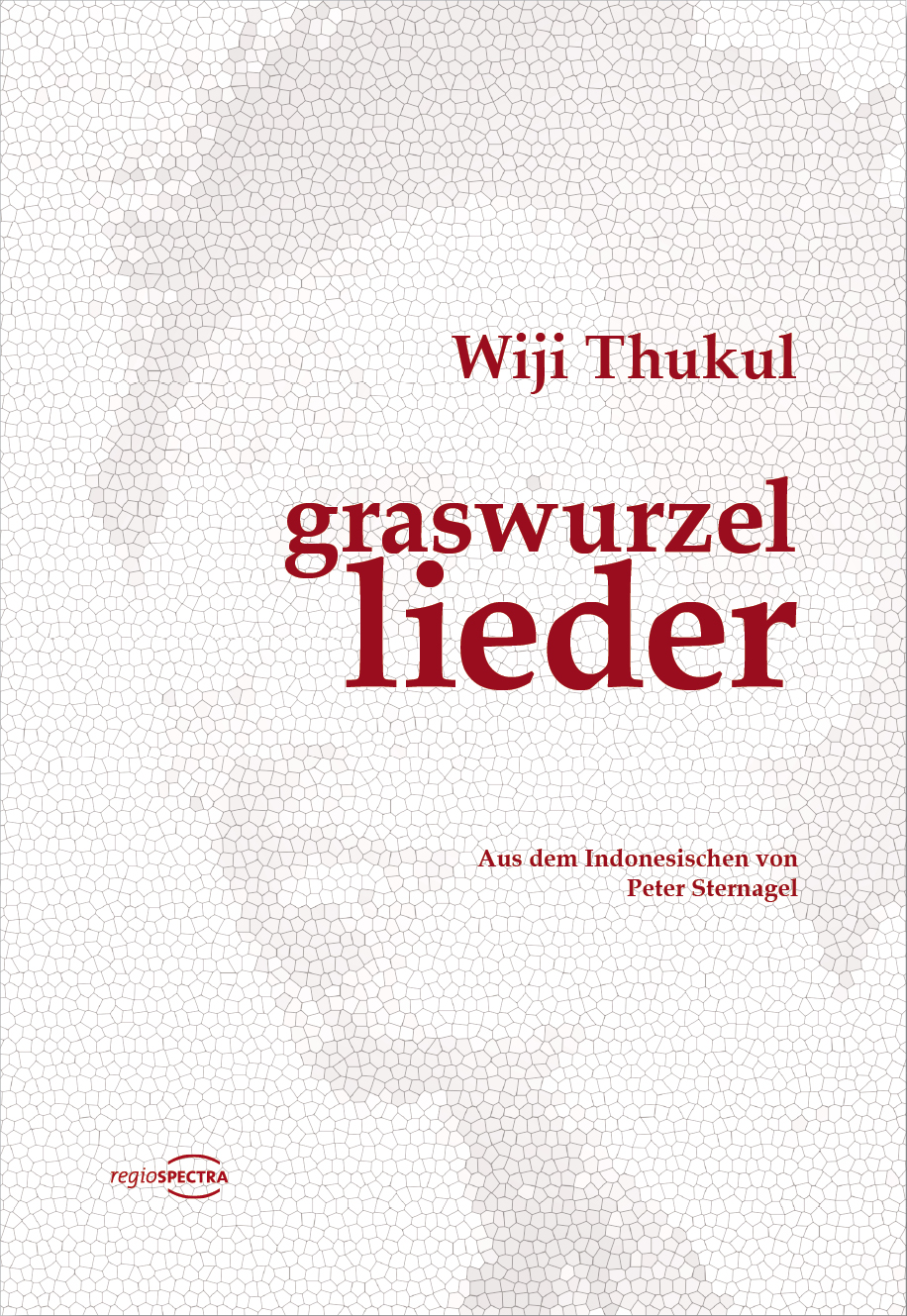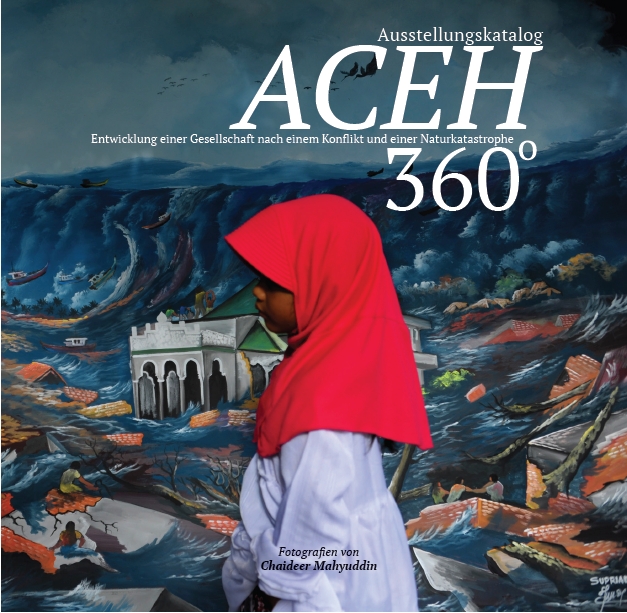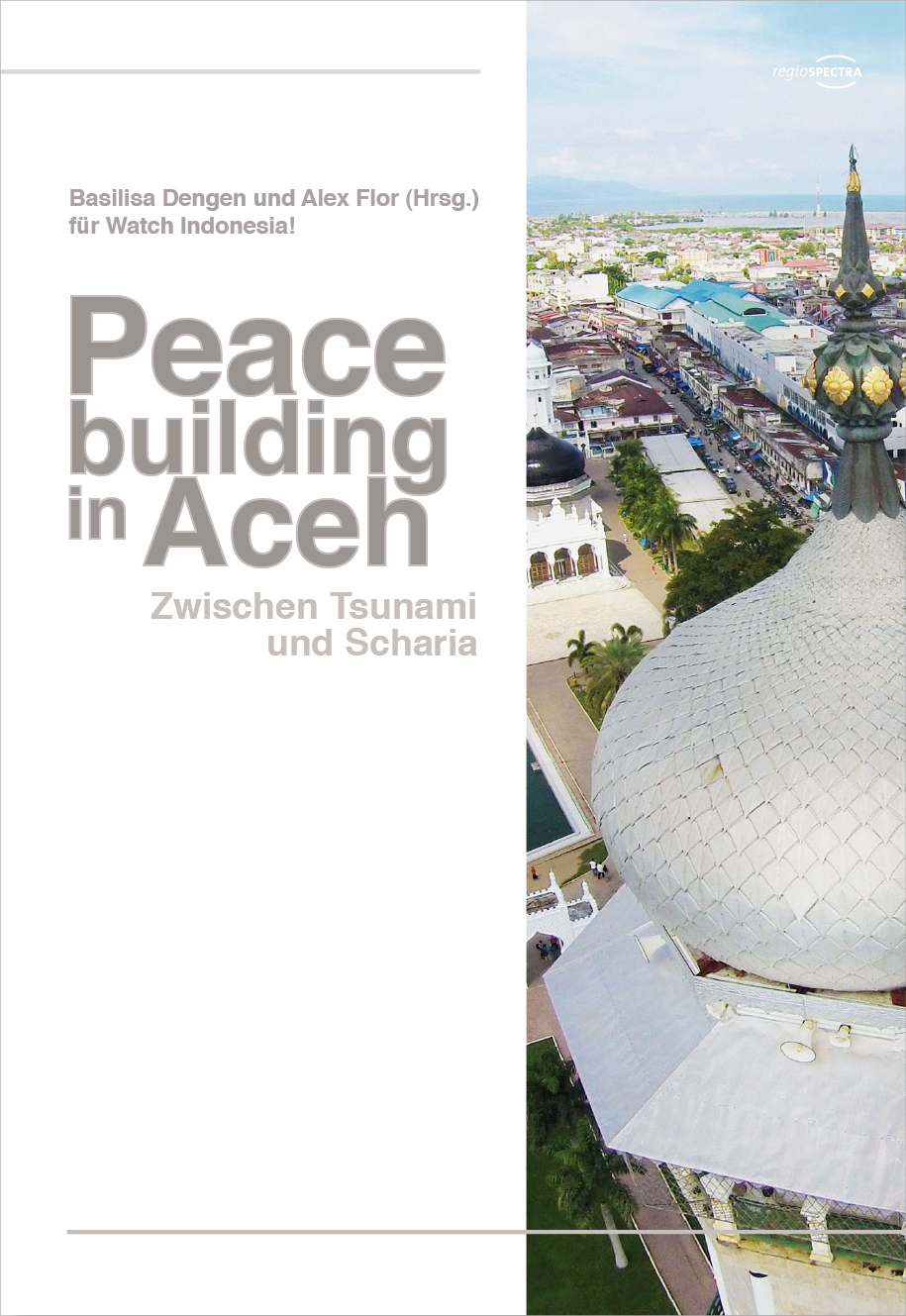
Trennung von Amt und Mandat: Wahlkampf in Indonesien
14. November 2002
Bildmontage: HF
Während in Deutschland die Führungsspitze der Regierungspartei Bündnis 90/Die Grünen mit größeren Teilen der Basis über die Frage der Trennung von Amt und Mandat im Clinch liegt, gebärden sich Indonesiens Parlamentarier als die wahren „Fundis“ (der ausgeschriebene Begriff „Fundamentalisten“ wäre hier angesichts der aktuellen Debatte um Islam und Terrorismus irreführend).
Bei den Grünen geht es lediglich darum, ob Vorstandsmitglieder gleichzeitig ihr Mandat als Bundestagsabgeordnete wahrnehmen dürfen oder sich für eine der beiden Funktionen entscheiden müssen. Laut einem Bericht der Jakarta Post gehen Indonesiens Politiker weit über die deutschen Forderungen nach Trennung von Amt und Mandat hinaus: die Parlamentarier in Jakarta sind der Meinung, dass niemand, der oder die ein öffentliches Amt bekleidet, im Wahlkampf aktiv werden dürfe. Der weitest gehende Vorschlag war, dass sogar Abgeordnete des Parlaments sich dem Wahlkampf fern zu halten haben. Diese Regelung wurde zwar gekippt, doch bedeutet der nun vorliegende Entwurf des Wahlgesetzes, dass zwei der aussichtsreichsten KandidatInnen für das Amt des Präsidenten bzw. Vizepräsidenten vom Wahlkampf ausgeschlossen sind: die Amtsinhaber Megawati Soekarnoputri und Vizepräsident Hamzah Haz.
Ein langweiliges Rededuell der Spitzenkandidaten im Fernsehen, wie dieses Jahr in Deutschland zum ersten Mal erprobt, dürfte den indonesischen Zuschauern somit erspart bleiben.
Alex Flor
Watch Indonesia!
Jakarta Post, 12 November 2002
Mega, Hamzah likely to miss election campaigns
Kurniawan Hari, The Jakarta Post, Jakarta
President Megawati Soekarnoputri and Vice President Hamzah Haz are unlikely to hit the 2004 campaign trail as the government and legislators deliberating the election bill have agreed in principle to ban state officials from election campaigns.
Minister of Home Affairs Hari Sabarno said on Monday that the restriction was designed to avoid conflicting interests among political leaders in public office.
„This is designed to dodge conflicting interests, namely those of political leaders and state officials,“ Hari said in a working meeting with the House of Representatives (DPR) special committee deliberating the election bill on Monday.
The final decision, however, will be discussed further with the working committee.
The working committee will also decide whether the House speaker and chairman of the People’s Consultative Assembly (MPR), the country’s highest law-making body, were also considered to be state officials. If the committee declares Akbar Tandjung and Amien Rais as state officials, they will also be banned from campaigning in the 2004 election.
Megawati, Hamzah, Akbar and Amien have all indicated their willingness to run for the presidential post in the upcoming elections.
The election bill, drafted by the Ministry of Home Affairs, stipulates that state officials, such as the president, vice president, chief justice, chairmen of the Supreme Advisory Council (DPA) and the State Audit Agency (BPK) as well as Cabinet ministers, were not allowed to campaign during a general election.
It also bans the Bank Indonesia governor and his or her deputies, provincial governors, regents and mayors, village heads and directors of state enterprises from campaigning.
During the working meeting, Megawati’s Indonesian Democratic Party of Struggle (PDI Perjuangan) strongly opposed the restriction and called for a revision of the article to allow state officials to join election campaigns.
The Indonesian Military/Police faction supported the proposal and expanded the list to include the House speaker and MPR chairman on the list of officials not allowed to campaign in the elections.
Golkar Party fully endorsed the draft, which sources said was apparently because its chairman, Akbar, was not included on the list.
Hamzah’s United Development Party (PPP) was silent on the proposal but called for the exclusion of civil servants in any election campaign.
The existing Election Law No. 3/1999 does not ban state officials from campaigning, but prohibits the use of state facilities and houses of worship as campaign sites.
Hari said on Monday that state officials included those working in the executive, judicial and legislative bodies.
He acknowledged that the legislative body was excluded from the list. „If the legislators were also banned from taking part in the campaign, then who would be campaigning?“ he asked.












